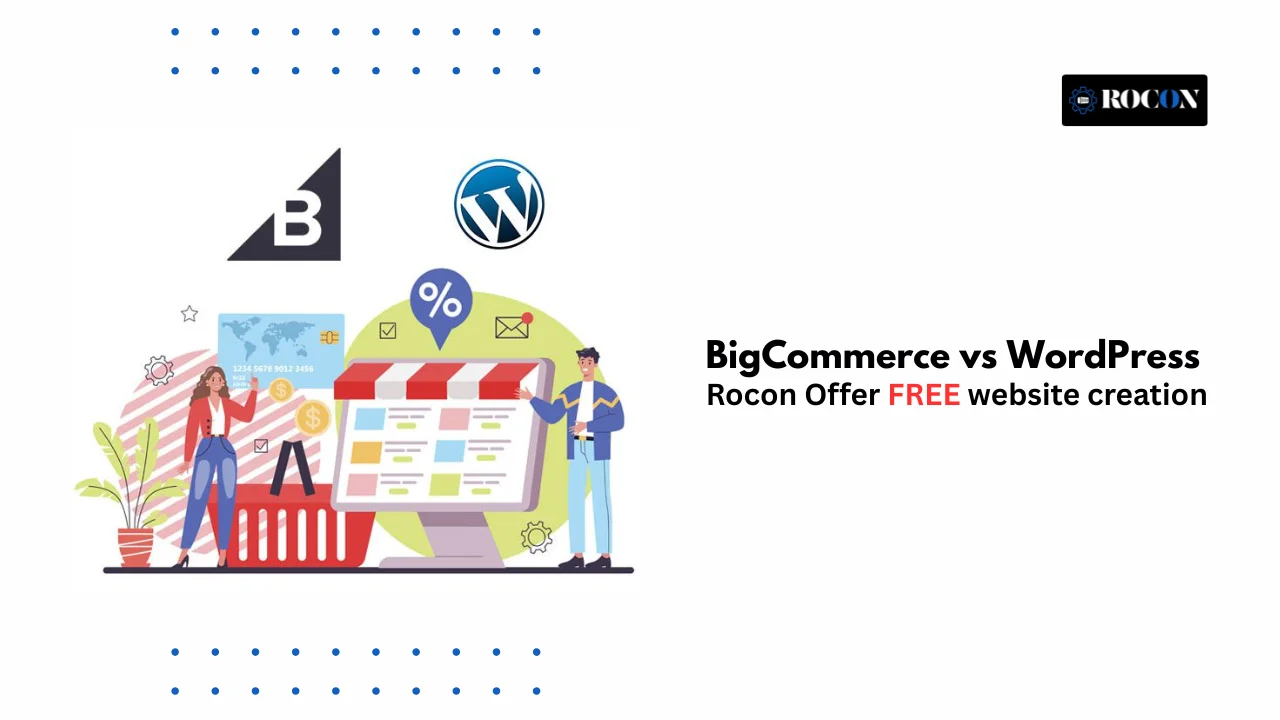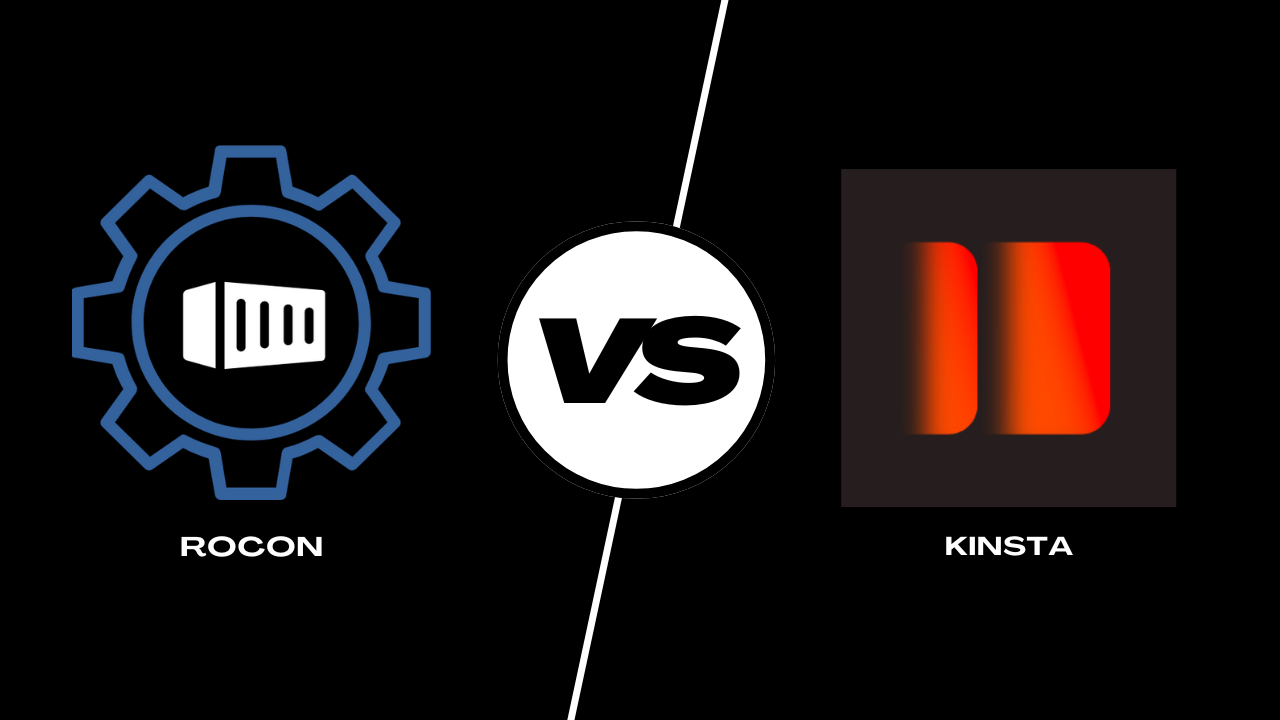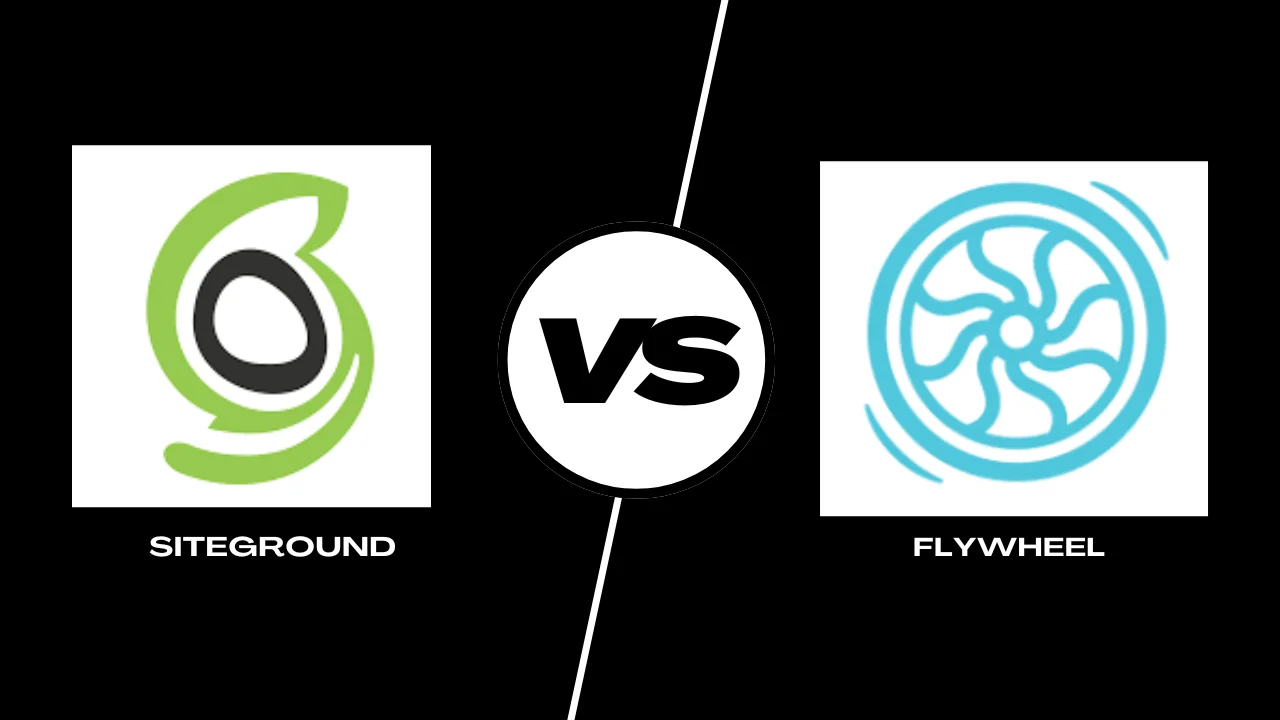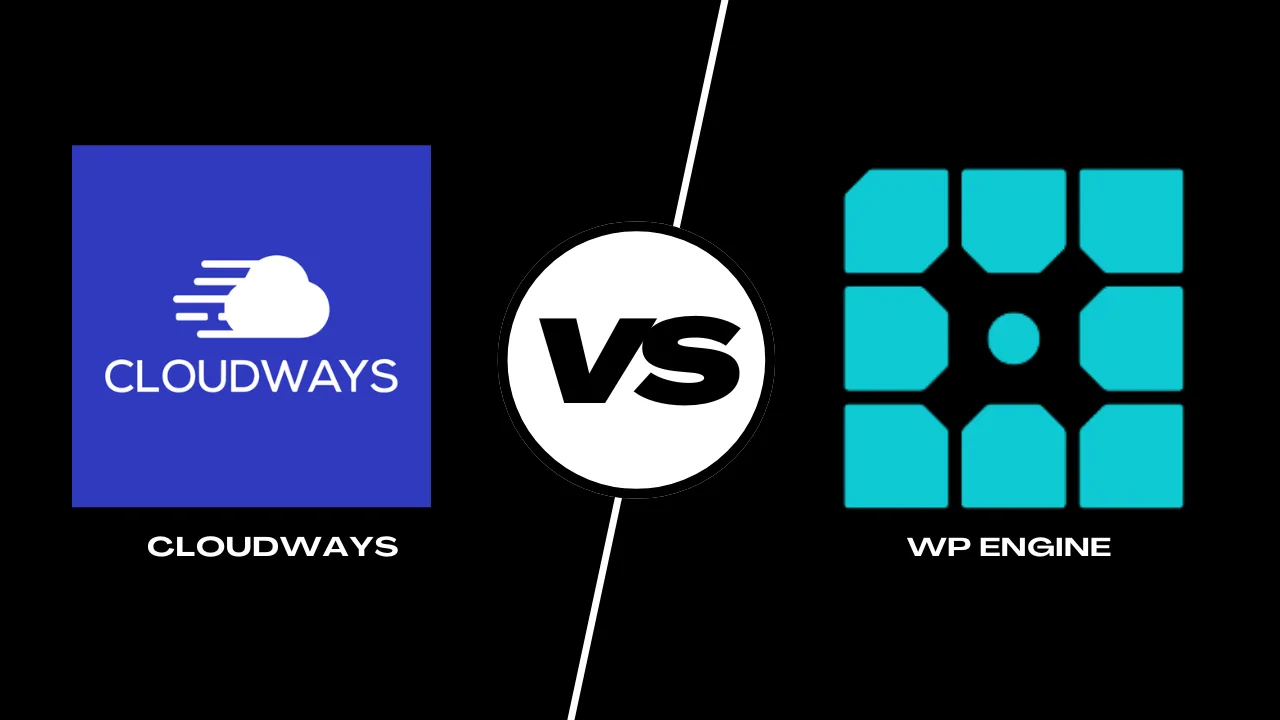BigCommerce vs WordPress: Ultimate Ecommerce Platform Guide
September 30, 2025 by Nitish
Learn Wordpress
September 30, 2025 by Nitish

Over 43.6% of sites run on WordPress, it’s one of the most flexible and most used platforms to build websites and online stores. When it comes to BigCommerce vs WordPress, business owners are faced with a tough question: which one is right for your ecommerce store?
WordPress with WooCommerce offers unlimited customization and control, BigCommerce offers a managed all in one ecommerce solution with built in scalability.
It’s not just about the features, it’s about aligning your choice with your business goals, technical resources and long term strategy. WordPress has full design flexibility, content driven marketing and advanced SEO optimisation. BigCommerce has hosting, updates, security and performance taken care of, so setup is faster and maintenance is easier.
For small to medium business owners and entrepreneurs it can be a tough choice. Do you want full control with ongoing management or a plug and play platform with ecommerce features built in?
This guide goes through everything you need to consider: platform capabilities, pricing, scalability, SEO potential, migration options and long term costs. By the end you’ll have a framework to decide which is best for your business.
Whether your priority is a quick store launch, content marketing, design freedom or robust scalability this comparison will give you the information to make an informed decision.
Before we get into features and pricing, let’s talk about where WordPress and BigCommerce sit in the market and what that means for you. Each platform has a different philosophy: one is all about flexibility and control, the other is about simplicity and ecommerce ease.
WordPress powers over 43.6% of all websites and 68.7% of the CMS market. It’s open source so businesses can build any type of website for any niche or business model. When paired with WooCommerce, WordPress becomes a powerful ecommerce platform that can manage from small online stores to enterprise level stores.
But WordPress requires ongoing management: hosting, security, plugin updates, performance optimisation. The scalability of the platform depends on the hosting and technical setup.
BigCommerce is a SaaS ecommerce platform with Approx 41776 stores worldwide and 1.0% market share of ecommerce platforms. Unlike WordPress, it’s built for ecommerce, a managed out of the box solution.
BigCommerce is simple and reliable, but customization is more structured and content marketing capabilities are not as flexible as WordPress.
Choosing the right eCommerce platform depends on how each solution fits your specific business needs. Below is a side-by-side comparison of BigCommerce vs WordPress across essential factors:
| Feature | WordPress | BigCommerce |
| Ease of use | Requires WordPress setup and plugin configuration; more flexible but has a learning curve | Beginner-friendly with drag-and-drop tools and built-in features |
| Features and functionality | Highly customizable with plugins and extensions | Includes most features out of the box, ideal for quick setup |
| Design and themes | Access to a wide range of free and premium WooCommerce themes | Offers modern, responsive BigCommerce themes with less customization |
| Scalability and performance | Depends on the hosting provider; offers full control | Scales automatically with managed performance |
| Security and compliance | You manage SSL certificates, backups, and updates (with help from your host) | Built-in SSL, PCI compliance, and automatic security updates |
| SEO-friendliness | Strong SEO capabilities with plugins like Yoast; full control over structure | Built-in SEO tools but with limited customization |
| Pricing | Free plugin, but costs vary by hosting, themes, and plugins | Subscription-based pricing with clear monthly plans |
| Pros and cons | High flexibility, low cost, more setup required | Easy to use, fewer customization options |
| Support and community | Community-based support | 24/7 live chat and phone support, plus a help center |
Both BigCommerce and WordPress offer strong capabilities—but how easy are they to use? Let’s break down the user experience of our BigCommerce vs WooCommerce platform comparison.
Ease of use can make or break your experience managing an online store, particularly for newcomers. Both WooCommerce and BigCommerce approach usability differently, and your choice depends on how much control versus convenience you need.
WordPress offers full control, but that control comes with setup responsibilities. You’ll need to have a WordPress website ready, then install the WooCommerce plugin and configure extensions, payment gateways, and product listings.
Many users see this flexibility as a benefit. WooCommerce allows you to design a highly tailored store that aligns perfectly with your brand and specific business needs. With the right hosting, WooCommerce stores can also achieve excellent speed and reliability, giving you a competitive edge.
BigCommerce takes a different route—it’s an all-in-one hosted platform. Built-in features such as drag-and-drop store design, pre-configured payment options, and product management tools make setup simple. There’s no need to worry about hosting or installing plugins.
For users seeking a streamlined, ready-to-launch store, BigCommerce is ideal. But if you enjoy customizing every detail and are comfortable managing hosting, WooCommerce provides a more personalized experience.
WordPress excels in customization, while BigCommerce wins on simplicity and speed to launch. For quick setup and a maintenance-free experience, BigCommerce is the go-to choice.
The range of features—both built-in and through extensions—is a critical factor in choosing an eCommerce platform.
WordPress shines with its massive ecosystem of plugins. The base plugin is free, but you can extend it with thousands of add-ons for SEO, inventory management, advanced payment options, and more.
It also supports advanced tools like subscription management, custom checkout flows, and CRM integrations. Whether you sell physical goods, digital products, or services, WooCommerce allows near-limitless customization, and combining it with high-performance hosting ensures smooth operation even as your store grows.
BigCommerce provides most essential features out of the box. From product catalog management to shipping options, multi-channel selling, abandoned cart recovery, and analytics, you get a comprehensive platform without extra installations.
It integrates with major marketplaces like Amazon and Facebook, and supports multiple payment gateways—all pre-configured. For those who want robust features immediately without plugin management, BigCommerce offers a hassle-free solution.
WordPress is better for those who want maximum flexibility and advanced custom features, while BigCommerce is ideal for a fast, fully-featured setup.
A visually appealing store impacts conversions and user experience. This comparison focuses on design flexibility and theme options.
WordPress integrates deeply with WordPress, giving you access to hundreds of free and premium themes designed specifically for eCommerce. You can customize layouts, colors, and functionalities fully, tailoring your store exactly to your brand.
With professional hosting and performance optimization, your customized WooCommerce store can also load quickly, improving customer experience and SEO.
BigCommerce offers responsive, mobile-optimized themes that are ready to launch. While you can customize layouts using the drag-and-drop editor, flexibility is limited compared to WooCommerce.
For users who want a polished, functional store with minimal setup, BigCommerce themes are ideal. Designers and developers, however, will find WooCommerce more accommodating for advanced customization.
WordPress takes the lead in design freedom and flexibility. BigCommerce is best for a ready-made, mobile-friendly store without extensive effort.
When your store grows, performance and scalability become essential. Both platforms handle this differently.
WordPress is self-hosted, meaning you control your server environment. With the right hosting, such as Rocon, you can scale resources, optimize caching, and use a Content Delivery Network (CDN) for faster page loads. This control allows you to manage traffic spikes and ensure smooth customer experiences.
The tradeoff is that you’ll need to handle optimization and server configuration yourself. But for businesses that value flexibility and want to fine-tune performance, WooCommerce offers unmatched control.
BigCommerce handles scaling automatically. Server resources, bandwidth, and security updates are managed behind the scenes, ensuring consistent performance as traffic grows. There’s no need to worry about server tuning or optimization.
This approach is perfect for users who want a reliable, low-maintenance platform without technical overhead.
BigCommerce wins for effortless scalability. WordPress offers superior control and potential for performance optimization, especially when paired with high-performance hosting.
Understanding cost is key when choosing an eCommerce platform. Both use different pricing models.
WooCommerce is free, but you’ll need to budget for:
Total annual cost ranges from around $150 for a basic store to $1,000+ for a fully-featured, scalable setup.
BigCommerce uses a subscription model, including hosting and features:
No extra platform fees, though standard payment processing charges still apply.
WordPress is best for cost flexibility and scalability. BigCommerce offers predictable monthly costs with minimal setup.
Security is critical when handling customer data and transactions.
Being self-hosted, WooCommerce requires you to manage SSL certificates, backups, and updates. You’ll need a secure hosting provider and possibly security plugins. This allows full control over security measures, but also requires diligence.
BigCommerce includes built-in SSL, PCI compliance, and automatic updates. It ensures your store meets industry standards without manual intervention.
BigCommerce is ideal for users who want peace of mind. WooCommerce gives flexibility but requires active management.
Driving traffic depends on strong SEO practices.
Built on WordPress, WooCommerce integrates with plugins like Yoast SEO. You can optimize URLs, meta tags, sitemaps, and content for maximum search engine visibility. Full control over structure and content makes WooCommerce ideal for long-term SEO strategy.
BigCommerce has built-in SEO features like optimized URLs, sitemaps, and meta tags. It works well for basic SEO but lacks the advanced flexibility WooCommerce provides.
WordPress is better for users wanting full SEO control. BigCommerce simplifies SEO for beginners.
Support can make or break your experience.
Support comes mainly from the WordPress and WooCommerce communities. Forums, documentation, and tutorials are plentiful, but there’s no centralized support. Many users rely on extension developers and hosting providers like Rocon for help.
BigCommerce provides 24/7 support via live chat, email, and phone. It also has a rich knowledge base and active user community.
BigCommerce wins for direct, real-time support. WooCommerce is community-driven and ideal for self-starters who prefer troubleshooting independently.
For full control, scalability, and customization, WordPress wins. For an easy, maintenance-free experience with strong support, BigCommerce is the better option. Your choice depends on your technical comfort level and business goals.
Choosing the right platform isn’t just about features – it’s about matching your business goals, technical abilities and growth plans. Here’s how BigCommerce and WordPress (with WooCommerce) stack up in different scenarios.
Choosing the right platform is about matching the platform’s strengths to your business needs. Consider your technical resources, marketing goals, budget and long term growth plans before you decide.
Moving between ecommerce platforms is one of the biggest headaches for business owners. Choosing the right one from the start will save you time, money and stress. Here’s what you need to know about moving from WordPress to BigCommerce and BigCommerce to WordPress.
Ongoing maintenance, security updates, and backups are now your responsibility.
It’s not just about features, it’s about choosing the one that helps your business grow.
If you want customization, flexibility, and full control, then WooCommerce gives you the tools to build the store you imagine. For a faster, plug-and-play experience with minimal setup then BigCommerce is a reliable all-in-one solution.
BigCommerce vs WordPress – whichever one you choose, make sure it fits how you work and how you plan to grow.
Build your WooCommerce store on a foundation of speed, security, and scalability. With Rocon managed WordPress hosting, you get performance optimisation, built-in security, hassle-free setup, and the ability to scale as your business grows.
For scaling businesses, downtime isn’t just a technical glitch—it’s lost revenue and a damaged reputation. Protecting your customer data requires more than just a standard SSL certificate. By migrating to a highly secure WordPress hosting platform, you ensure your business is protected by isolated container technology and real-time monitoring, giving you the peace of mind to focus on growth instead of server logs.
No. BigCommerce is a standalone SaaS ecommerce platform, but it can integrate with WordPress using the BigCommerce for WordPress plugin.
BigCommerce is better for fully hosted, low-maintenance ecommerce, while WooCommerce is better for flexibility, customization, and full control within WordPress.
No platform is universally better than WordPress. Alternatives like BigCommerce, Shopify, or Webflow may suit specific use cases, but WordPress offers unmatched flexibility and ownership.
Yes. BigCommerce includes built-in SEO features like clean URLs, customizable meta data, and fast hosting, but advanced SEO control is more flexible in WordPress.
Elevate your WordPress hosting with 30-day money-back guarantee, free migration, and 24/7 support.
Sign Up TodayFebruary 27, 2026
Srilatha
10 Min Read
February 17, 2026
Maria
8 Min Read
Before You Go… Get 1 Month FREE on Rocon Hosting!
Experience lightning-fast speeds
No downtime or hidden fees
Dedicated 24/7 expert support

Our team will contact you soon.




Leave a Reply